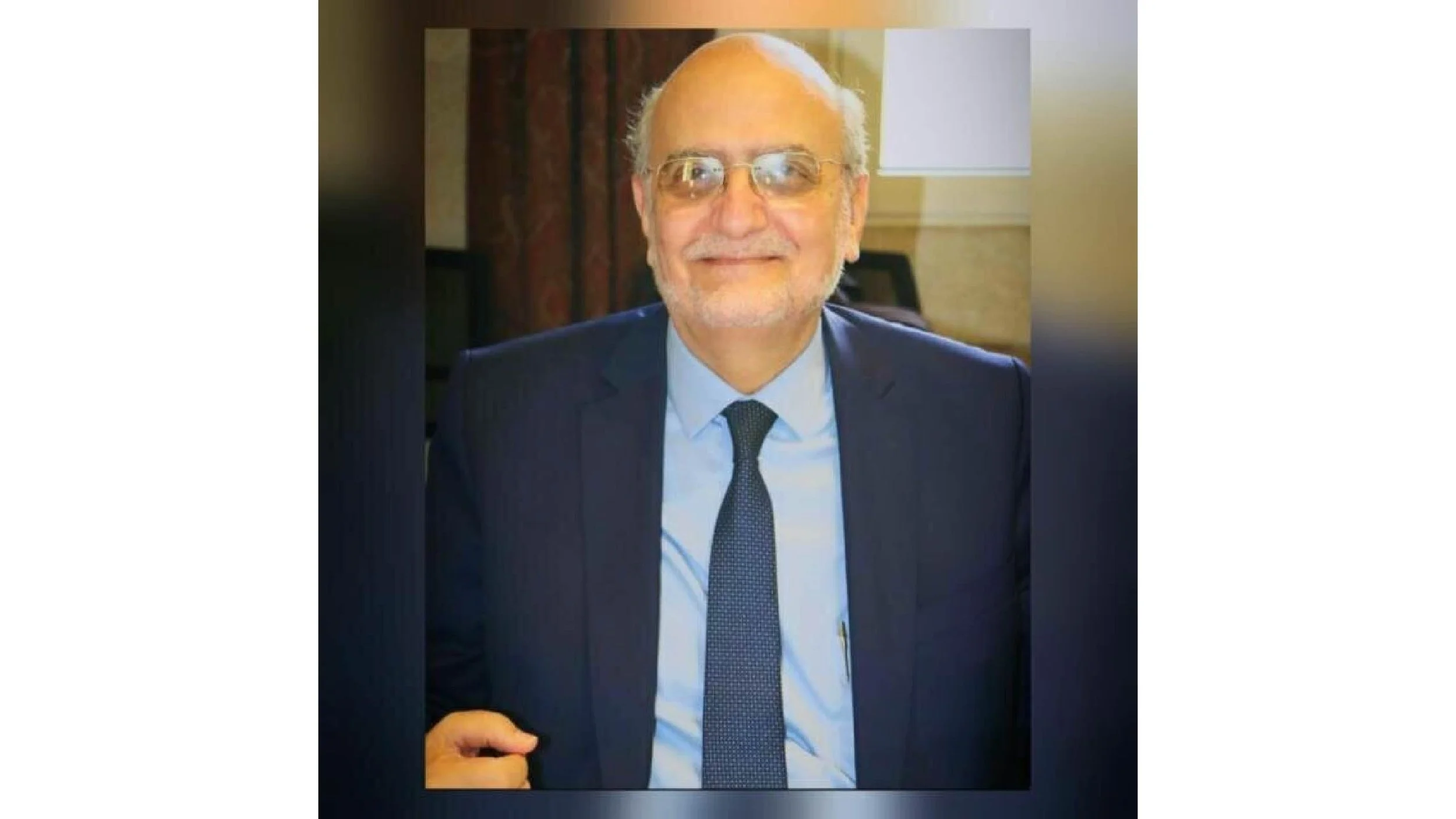Lebanon: Fragile Civil Peace and the Necessity of Immunization
Dr. Michel E. Abs
The Secretary General of the Middle East Council of Churches (MECC)
Recent events in Lebanon have starkly revealed the fragility of civil peace within our country. Any incident, no matter how seemingly minor, can have far-reaching negative consequences for Lebanese society and its people.
The gravity of what occurred cannot be overstated. A person was kidnapped from his local area, robbed of his car, and taken beyond the country’s borders. Tragically, he was later found dead. Such an occurrence cannot be dismissed as a mere footnote in the Lebanese daily life, especially considering the victim’s esteemed reputation. Notably, he holds two significant positions: first, as the director of informatics in one of Lebanon’s largest banks, and second, as a party coordinator within a pivotal political movement for an area considered to be the heart of Mount Lebanon.
The rumor mill sprang into action, fueled by the vivid imaginations of the Lebanese populace. Amidst this rich and diverse society—comprising artists, intellectuals, and technical experts—there exists a troubling contradiction. Despite their considerable competencies, individuals readily succumb to the temptation of hurling accusations and engaging in hate speech.
Across social media platforms, countless narratives emerged, each pointing either demonizing the victim’s, a grave sin and crime, or to the incendiary consequences of discord. Meanwhile, armed groups surfaced in various Lebanese regions, and threats proliferated among community factions like wildfire. All this occurred before the victim’s fate and the circumstances surrounding his abduction were fully known, even preceding the commencement of formal investigations.
Fortunately, Lebanon’s security forces possess exceptional qualifications and technical expertise. Their vigilance allows them to preempt unwelcome actions that might further destabilize the delicate balance of civil peace.
The Lebanese have once again demonstrated their lack of preparedness for civil peace. The apparent civil peace, which seemed well-established, becomes fragile when feelings of sectarianism, racism, and other forms of prejudice and hatred come into play. We all recognize that when the forces of evil are set in motion, the forces of good often retreat, refusing to deal with situations in ways that are less than honorable.
This situation underscores the need to intensify dialogue and awareness campaigns among the Lebanese population. While there are common spaces that include a significant number of Lebanese individuals, they are not extensive enough to fully cultivate civil peace as a national culture and a permanent state.
The fact that the country teeters on the brink of civil war, even before the circumstances of a crime are fully known and the perpetrator identified, is deeply concerning. As institutions committed to dialogue and reconciliation between people, we bear immense responsibilities. Despite our best efforts, the forces of evil persistently hold sway.
Our approach at the Middle East Council of Churches, aimed at bridging gaps between people and groups, has proven effective. We must expand these efforts to cover more areas of the country. For instance, our March 23 seminar on shared religious spaces in the Middle East brought together spiritual leaders and secular elites, revealing how much we have in common more than what divides us. This should serve as the foundation for our collective life in the Middle East. Raising awareness remains crucial for societal immunization.
The path toward social and human fraternity lies ahead, and the challenge is formidable. However, armed with the message of love preached by the Incarnate Master, we must confront it.
How distant are we from love!

